Williams-Hutchins Health Equity Award
2023 Williams-Hutchins Health Equity Award Recipients
CDC’s Office of Health Equity (OHE) is pleased to announce the recipients of the 2023 Williams-Hutchins Health Equity Award. The Williams-Hutchins Health Equity Award recognizes exceptional projects from the CDC John R. Lewis Undergraduate Public Health Scholars Program that advance health disparity science and minority health. The award honors the impactful public health careers of Walter W. Williams, MD, MPH, FACPM (CAPT, USPHS, Ret.) and Sonja S. Hutchins, MD, MPH, DrPH, FACPM (CAPT, USPHS, Ret.).
Lewis Scholars work on public health projects in a variety of public health settings during their summer experiences, and present posters on their projects or a health equity topic at an annual Summer Showcase at CDC. Outstanding student projects from each of the seven institutions currently delivering the Lewis Scholars program were selected for the Williams-Hutchins Award. These projects exemplified exceptional attributes such as new approaches, innovations that improve service to the public, creativity, and efforts beyond the call of duty.
Columbia University, Summer Public Health Scholars Program (SPHSP)
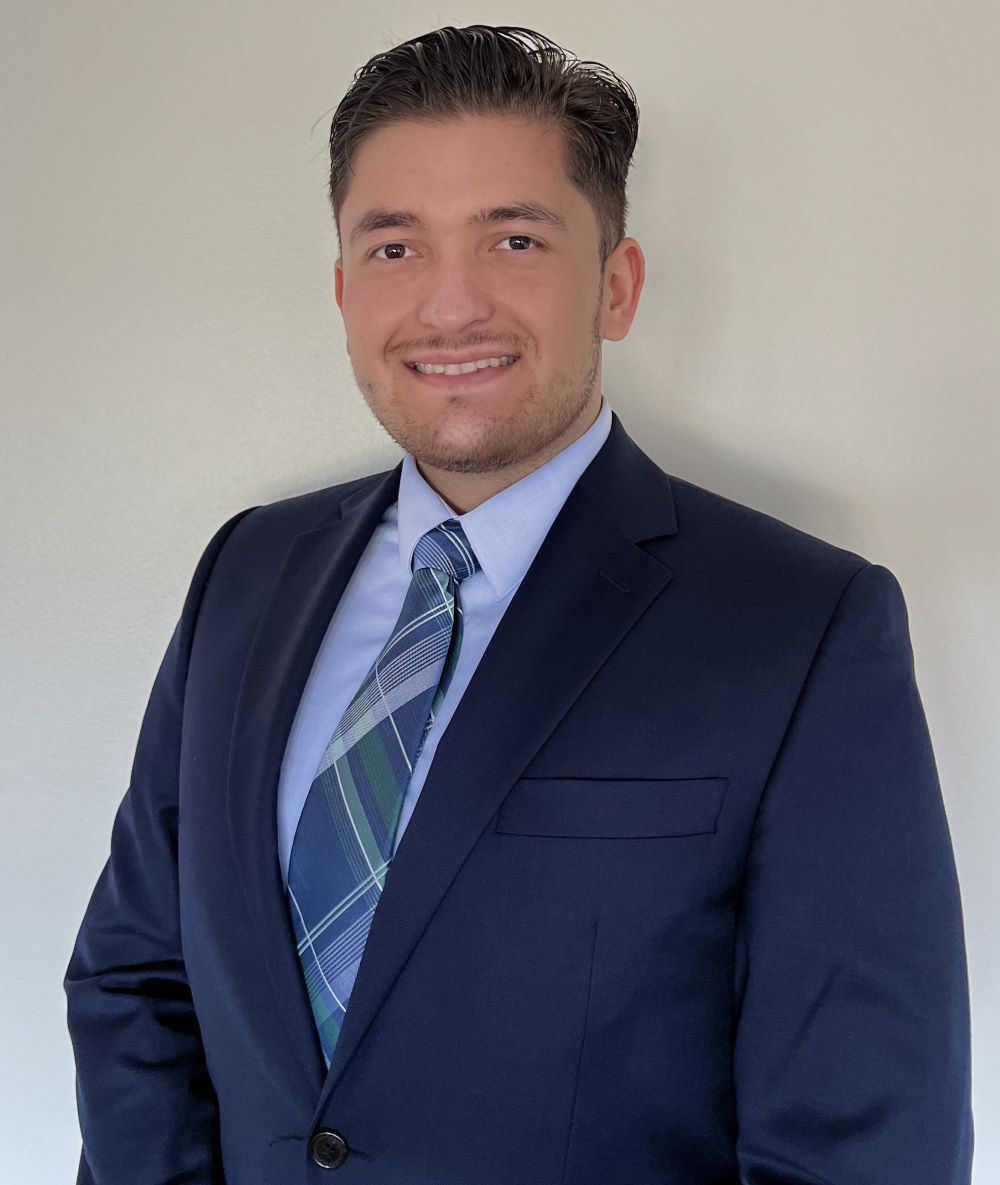
1st Place: Sebastian Cota
Project Title: Evaluating Food Equity in Uptown Manhattan Through Affordability Analysis: Comparing the Price of Groceries in Bodegas and Supermarkets
Mentor: Niurka Suero-Tejeda, MA, MEd, CHES
Project Placement: Columbia University School of Nursing - Center for Community-Engaged Health Informatics and Data Science (CCHIDS)
Project Details: Seeking to understand ways to prevent food-related chronic disease, Sebastian evaluated barriers to food equity through an affordability analysis of groceries in Washington Heights, New York. Food insecurity is a risk factor for diseases such as obesity and diabetes, therefore factors such as quality, availability, and affordability must be evaluated when pursuing food equity and designing efforts to prevent nutrition-related chronic disease. This study compared the price of four grocery items available in 38 Washington Heights bodegas and 40 Uptown Manhattan supermarkets using an independent sample T-test. Results indicated a statistically significant higher price of groceries at bodegas than supermarkets on average. This pilot study provides an opportunity for further research in many areas. Although data shows a price disparity, qualitative research needs to evaluate this disparity from the perspective of community residents. A mixed methods approach using community-based participatory research can help formulate a needs-based community-driven solution to supplying affordable groceries in Washington Heights. Not only should this include the voices of residents, but also bodega owners to understand any barriers in the market to provide affordable food as they operate their businesses. Additionally, the quality and availability of the groceries being sold needs to be evaluated, especially fruits and vegetables.
Honorable Mention: Alyssa Sutherland
Kennedy Krieger Institute (KKI), Maternal Child Health Careers/Research Initiatives for Student Enhancement – Undergraduate Program (MCHC/RISE-UP)
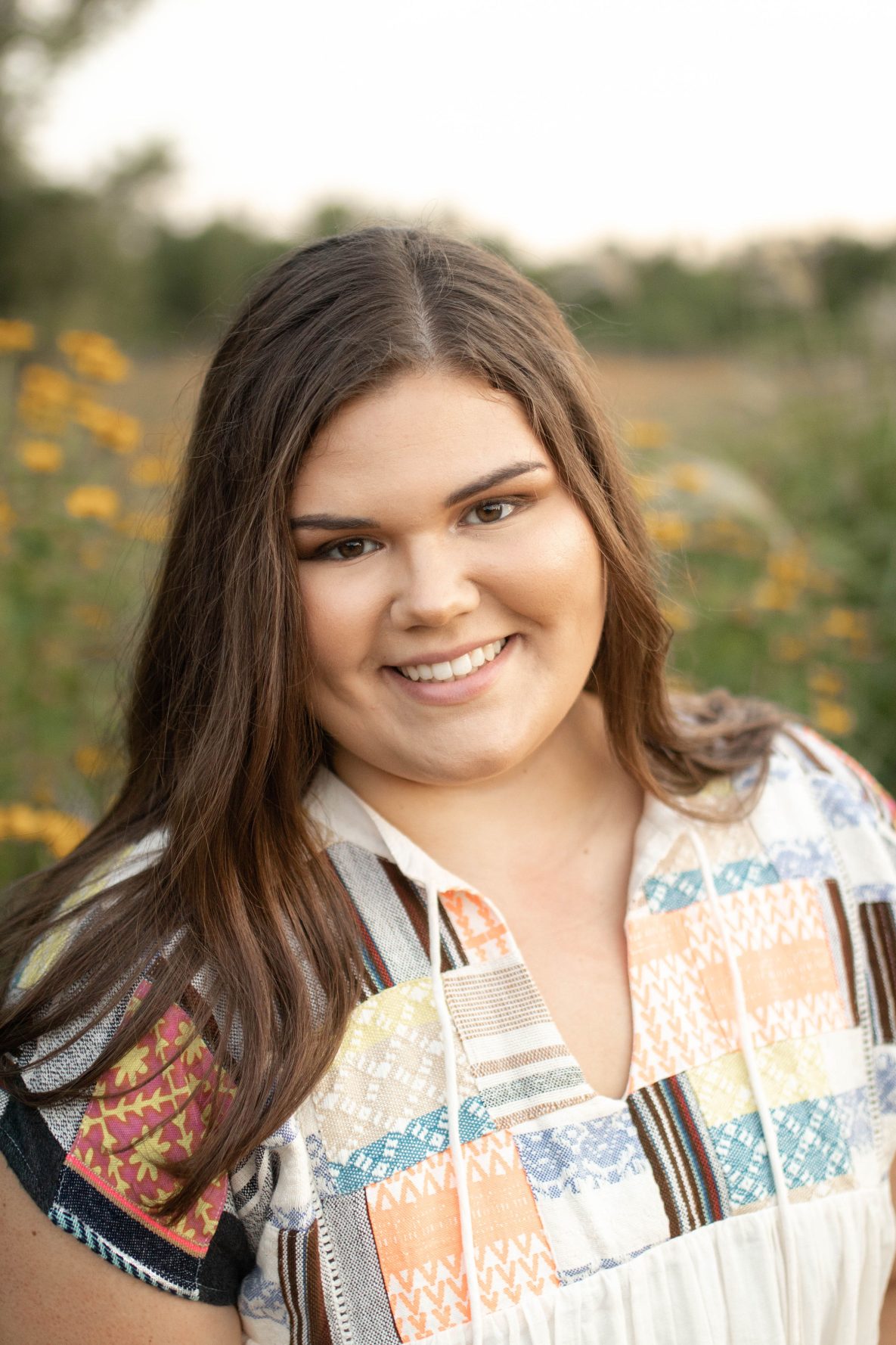
1st Place: Carly Wheeler
Project Title: Challenges that Impact the Mental, Physical, and Social Health of Newly Arrived Refugees in South Dakota
Mentor: Alicia Roy, MS and Tim Jurgens, BS
Project Placement: Lutheran Social Services Center for New Americans
Project Details: Lutheran Social Services Center for New Americans (LSS CNA) in Sioux Falls, South Dakota, resettles individuals and families who have fled their homes because of persecution based on race, politics, religion, gender, and sexual orientation. With goals of complete refugee health, self-sufficiency, and acculturation, LSS CNA offers housing, medical and employment assistance, cultural and community orientation, cash assistance, English classes, and interpretation services. At LSS CNA, Carly’s main objective was to evaluate the common challenges newly arrived refugees face that result in health disparities within their population. She also devoted time to considering how community members, health professionals, and social workers could work to improve the overall health of refugee populations. Carly worked on several different projects while at LSS. She developed and implemented a cultural orientation curriculum that addressed domestic violence, gender roles, and sexual and reproductive health. Carly facilitated registration with the Sioux Falls Parks and Recreation Department for refugee and immigrant children to receive free swimming lessons. She collaborated with community health workers to educate LSS CNA case managers about effective and respectful medical advocacy.
Honorable Mention: Aaron Johnson
Morehouse College, Project Imhotep
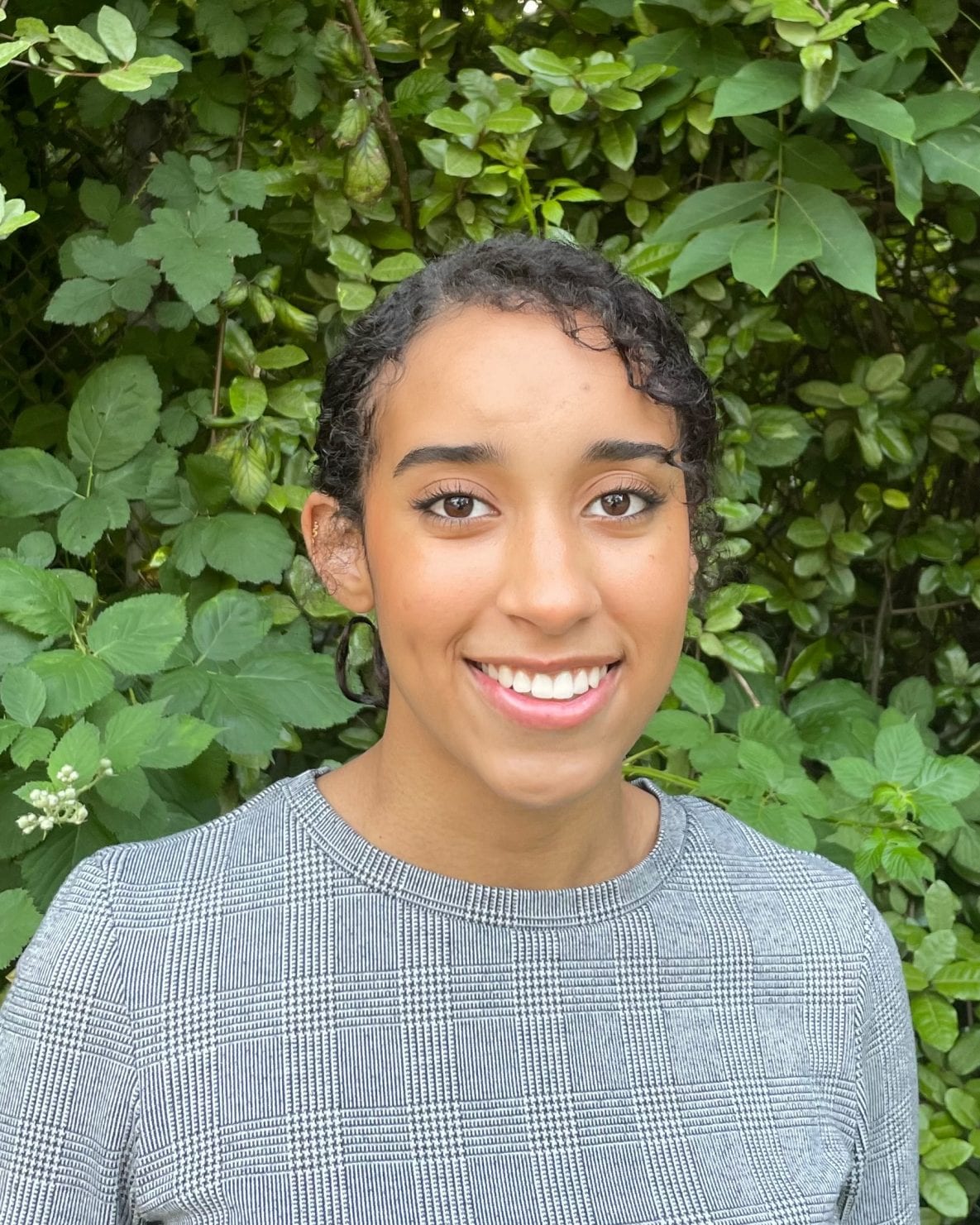
1st Place: Clarke Avery
Project Title: Evaluating Landscapers’ Exposure to Hazardous Air Pollutants from Gasoline-Powered Leaf Blowers
Mentor: Barbara Alexander PhD, PE, CIH
Project Placement: Centers for Disease Control and Prevention, National Institute for Occupational Safety and Health
Project Details: The National Institute for Occupational Safety and Health (NIOSH) aims to support CDC in its efforts to assure “every man and woman in the Nation safe and healthful working conditions and to preserve our human resources” with a focus on the study of worker safety and health, and empowering employers and workers to create safe and healthy workplaces. Currently, members of the NIOSH and Health in the Division of Field Studies and Engineering Team are conducting assessments of potential health hazards due to exposure to high levels of hazardous air pollutants to evaluate ongoing occupational health policy topics and trends as well as forecasting what is to come. Although efforts have been made to forecast trends in occupational health policy, an evaluation process for implementing protective measures for landscapers is limited, which showcases the need for further research development. The purpose of Avery’s project was to evaluate how extensive use of gasoline-powered lawn and gardening equipment (GLGE) in residential and commercial settings is a prominent environmental and health concern. Determining the need for implementing protective and preventive safety measures for landscapers will help to develop new knowledge in the field of occupational safety and health and to transfer that knowledge into practice for important topics and key terms that can play a vital role in the next steps for NIOSH. To conduct this research, the methodology consisted of four steps: literature review, emissions measurement, landscaping employer interviews, and a health risk assessment. The results of this effort are the following: paired t-test comparing gasoline-powered lead blower (GLB) operators and bystanders’ exposure to emissions, health risk assessment for improved capacity building in occupational health policy forecasting, and better support for collaborations related to NIOSH. Further research is needed to explore the implementation of protective measures as means to mitigate the adverse health risks associated with GLB emissions.
Honorable Mention: David Palmer
Southern Plains Tribal Health Board, Tribal Health Experiential Student Internship Seminar (THESIS) Program
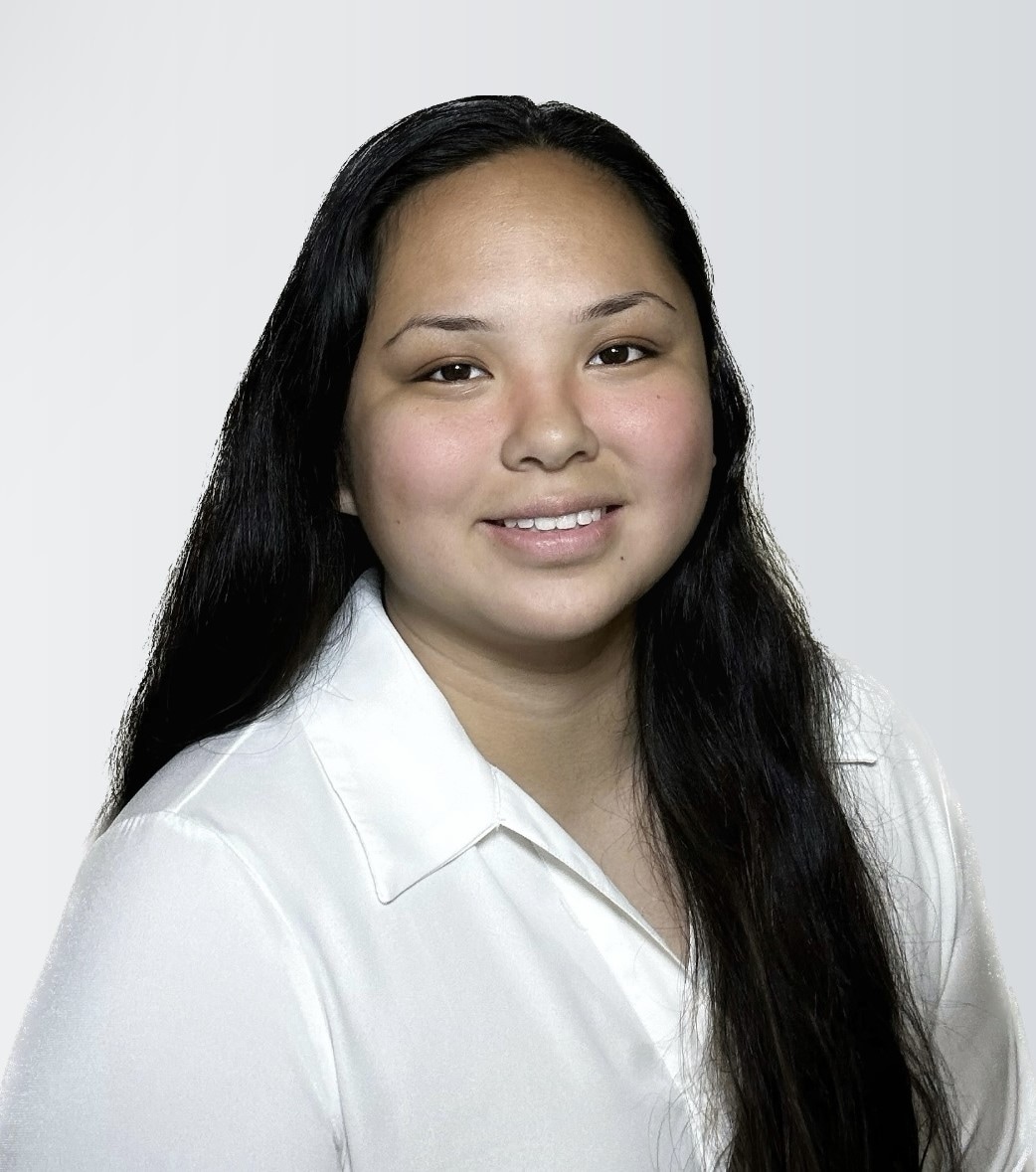
1st Place: Aysha-Lynn Estrella
Project Title: Utilizing Traditional Food Systems to Address Health Outcomes in Native Hawaiians
Mentor: Darla McCloskey, PhD, MPH, BSN
Project Placement: Virtual – Southern Plains Tribal Health Board
Project Details: Aysha-Lynn Estrella was an intern with the Southern Tribal Plains Health Board as a part of their Tribal Health Experiential Student Internship Seminar (THESIS). The THESIS program aims to foster health equity by educating and addressing Native American and Alaskan Native health. Aysha-Lynn’s primary objective was to advocate for food sovereignty and outline potential policy changes that can help address high obesity and food insecurity rates in the state of Hawaii. Historical factors, socioeconomic disparities, and the shift towards Western diets have disrupted traditional food systems, which, in turn, have led to adverse health outcomes for Native Hawaiians. The policy suggestions made were informed through research using data analysis and literature reviews. The main conclusion of the project was that greater land allocation for the purpose of growing traditional foods could help address obesity and food insecurity rates.
Honorable Mention: Daisy Chavez
University of Michigan School of Public Health, Future Public Health Leaders Program (FPHLP)
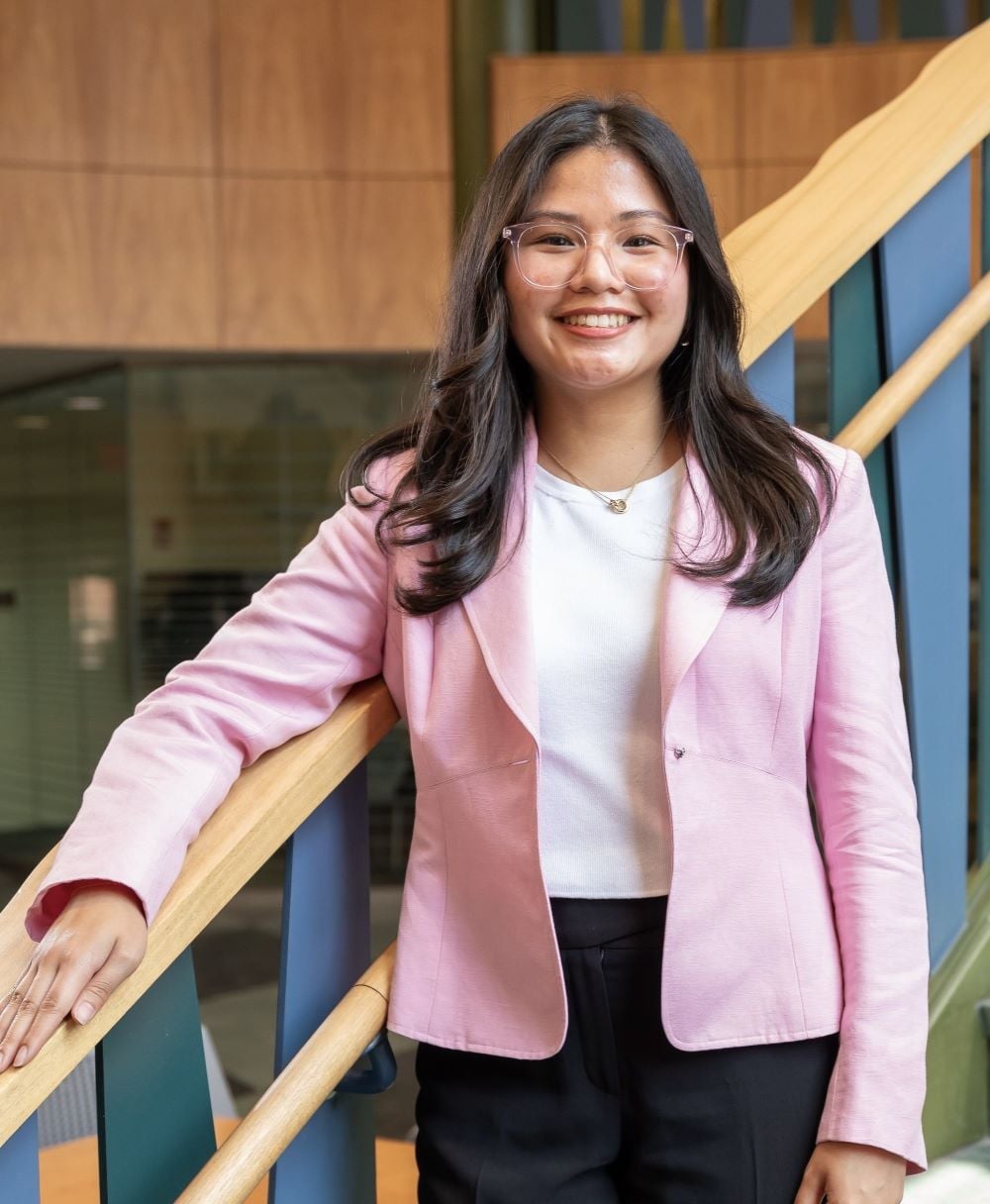
1st Place: Kristina Serrano
Project Title: Investing Power in Youth: Strengthening Health Literacy Through Youth Participatory Action Research (YPAR)
Mentor: Jessie Urban-Guzman, LMSW, MPH
Project Placement: Community Health and Social Services (CHASS) Center
Project Details: Kristina served the youth of Southwest Detroit as an intern with the Community Health and Social Services (CHASS) Center. CHASS prides itself on being a one-stop-shop for community members to receive affordable and accessible quality primary care and social support services, with a special emphasis on reaching underserved African-American and Latino populations. The LA VIDA Youth Summer program is an extension of the LA VIDA Partnership, one of the many wellness programs that CHASS offers community members, where youth ages 12-24 are given a safe space to explore and address critical health topics such as teen dating violence, sexual assault, relationships, consent, and more. As a facilitator for this weekly educational program, Kristina explored the impact of health communication and Youth Participatory Action Research (YPAR) as a means to improve health literacy among youth. The sense of community Kristina built with the group strengthened her belief in empowering youth to see value in their lived experiences and recognize they are inherently agents of social change. With research, Kristina curated a YPAR guide for enhanced comprehension of the approach at other community organizations. Placing the needs, interests, and experiences of youth at the center of their health literacy journeys is crucial to ensure that youth have a voice in advancing health equity.
Honorable Mention: Prudny Bonnaire-Fils
University of Pittsburgh, Pitt Public Health Undergraduate Scholars Program

1st Place: Francisca Centron Seguel
Project Title: Out of the Chaos: The Development of an Evaluation Tool to Inform Youth Gun Violence Prevention Efforts in Pittsburgh
Mentor: Deanna Sinex, PhD
Project Placement: Youth Enrichment Services, Inc. (YES)
Project Details: The Centers for Disease Control and Prevention has recognized that gun violence is the top killer of youth aged 1-19 in the United States. Pittsburgh, Pennsylvania mirrors this trend, specifically where young Black men are most at risk of falling victim to gun violence. Housed in Allegheny County is Youth Enrichment Services, Inc. (YES), a non-profit organization that has supported historically underserved youth for three decades. In the past two years, YES has lost six youth participants due to gun violence in the community. In response, YES has led community-based strategic planning, ecosystem design, and collection of youth-informed perspectives to develop prevention strategies and promote awareness. Francisca’s primary project was to develop a program evaluation tool for the organization’s Annual Teen Violence Prevention Symposium. The results of the evaluation indicated that youth participants gained a sense of self-efficacy about this matter and an overall positive sentiment towards the symposium. This evaluation will contribute to better informing and tailoring future youth gun violence prevention efforts led by YES in the community. Francisca is a Public Health student at The University of Texas at Austin, looking forward to pursuing a career in medicine as a future pediatrician, interested in the intersectionality of community and social issues, child health, and well-being.
Honorable Mention: Preti Chowdhury
University of California, Los Angeles (UCLA), UCLA Public Health Scholars Training Program
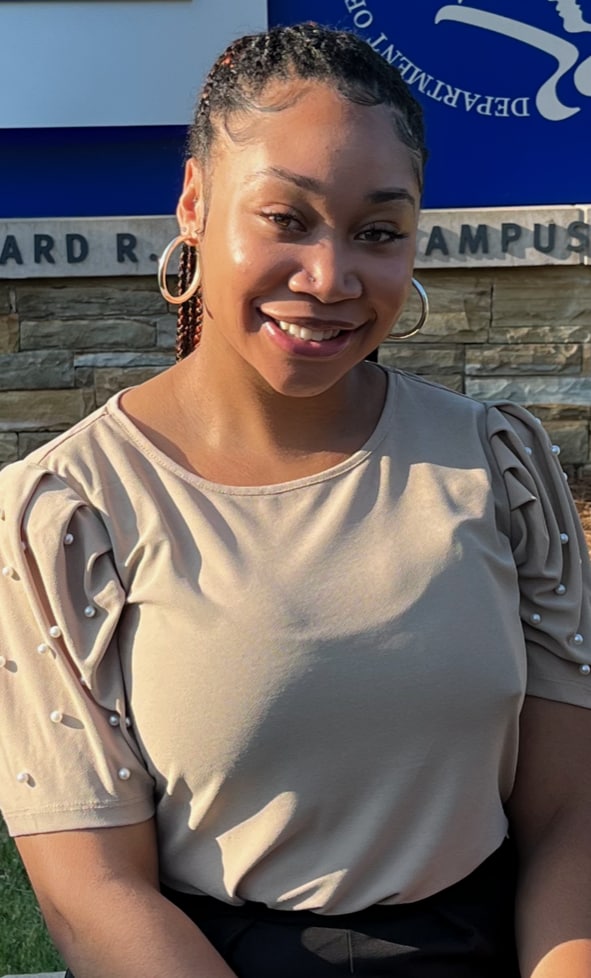
1st Place: Alexus Mcintosh
Project Title: Community Health Advocate and Student Researcher on WASH (water and sanitation, hygiene) Insecurities among the Unhoused Population in the Event of a Flood
Mentor: Barbara Gonzalez, MPH
Project Placement: Dignity Health California Hospital Medical Center
Project Details: Alexus interned with Dignity Health California Hospital Medical Center, an organization that serves some of the most vulnerable populations in Los Angeles, California. Alexus worked with her professional mentor to create a health education newsletter for the community. She also worked closely with the team to design and create materials and implement a new program called, “Mind Matters.” Alexus attended workshops to learn more about various topics, including Alzheimer’s Disease and mental health. In addition to attending lectures and actively participating in classroom discussions, Alexus collaborated with a small group of peers on a health equity project. Her academic poster, presented at the CDC Showcase, explored literature on WASH (water and sanitation, hygiene) insecurities among the unhoused population in the event of a flood and provided recommendations on best practices.
Honorable Mentions: Kristen Alleyne
Criteria
Williams-Hutchins Health Equity Award candidates will be evaluated and selected by their program based on one of the following criteria:
- Exceptional performance, including work factors such as quality, productivity, timeliness, cost reduction, or improved service to the public
- Exemplary actions, including special projects, overcoming unusual or difficult circumstances, or problem-solving using extraordinary methods or insight
- Efficient and courteous service, unusual initiative in developing new approaches or procedures, innovations that improve effectiveness, creative work on a specific project, efforts beyond the call of duty and beyond the scope of the position.
Notification
The announcement of Williams-Hutchins award recipient(s) occurs at the end of the summer experience.
Recognition
Each award recipient receives a certificate. Their project is highlighted on the Office of Health Equity webpage and in the Health Equity Matters Newsletter the following fall, prior to the announcement of the Lewis summer application deadline.
Information
For questions about the Williams-Hutchins Health Equity Award and criteria, please contact ohe@cdc.gov.
About Walter Williams
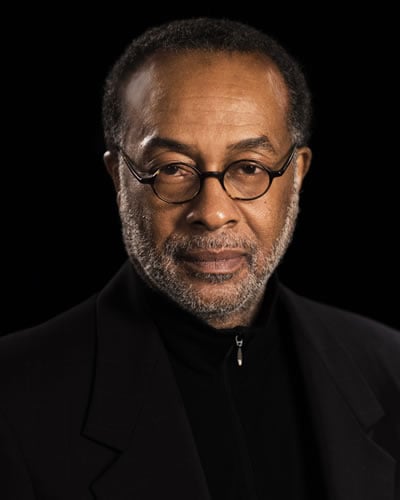
Walter Williams, MD, MPH, FACPM (CAPT, USPHS, Ret.) began his career at CDC in 1981 as an Epidemic Intelligence Service (EIS) officer with the Hospital Infections Program in the National Center for Infectious Diseases. Williams held a number of leadership positions during his career at CDC, including serving as director of Office of Minority Health/Office of Minority Health and Health Disparities (1998-2010). He holds the distinction of being the first African American to complete a 30-year career as a US Public Health Service Officer at CDC.
About Sonja S. Hutchins
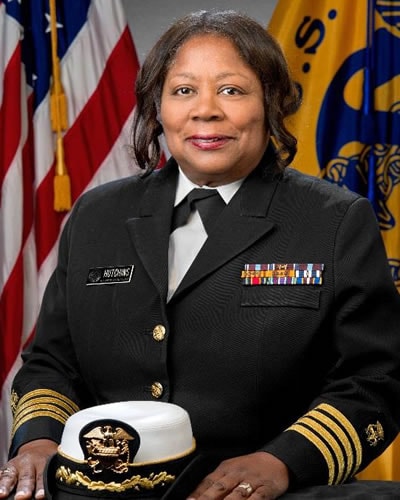
Sonja S. Hutchins, MD, MPH, DrPH, FACPM joined CDC as an EIS officer in 1986 with the Division of Immunization. While with OHE, Hutchins served as acting associate director for science; associate director for medical science; and senior medical advisor and lead for OHE’s public health preparedness and response activities. She was the first African American female to enter the EIS program and complete a 30-year career as a Commissioned Corps Officer in the US Public Health Service at CDC. Hutchins retired on June 1, 2017.